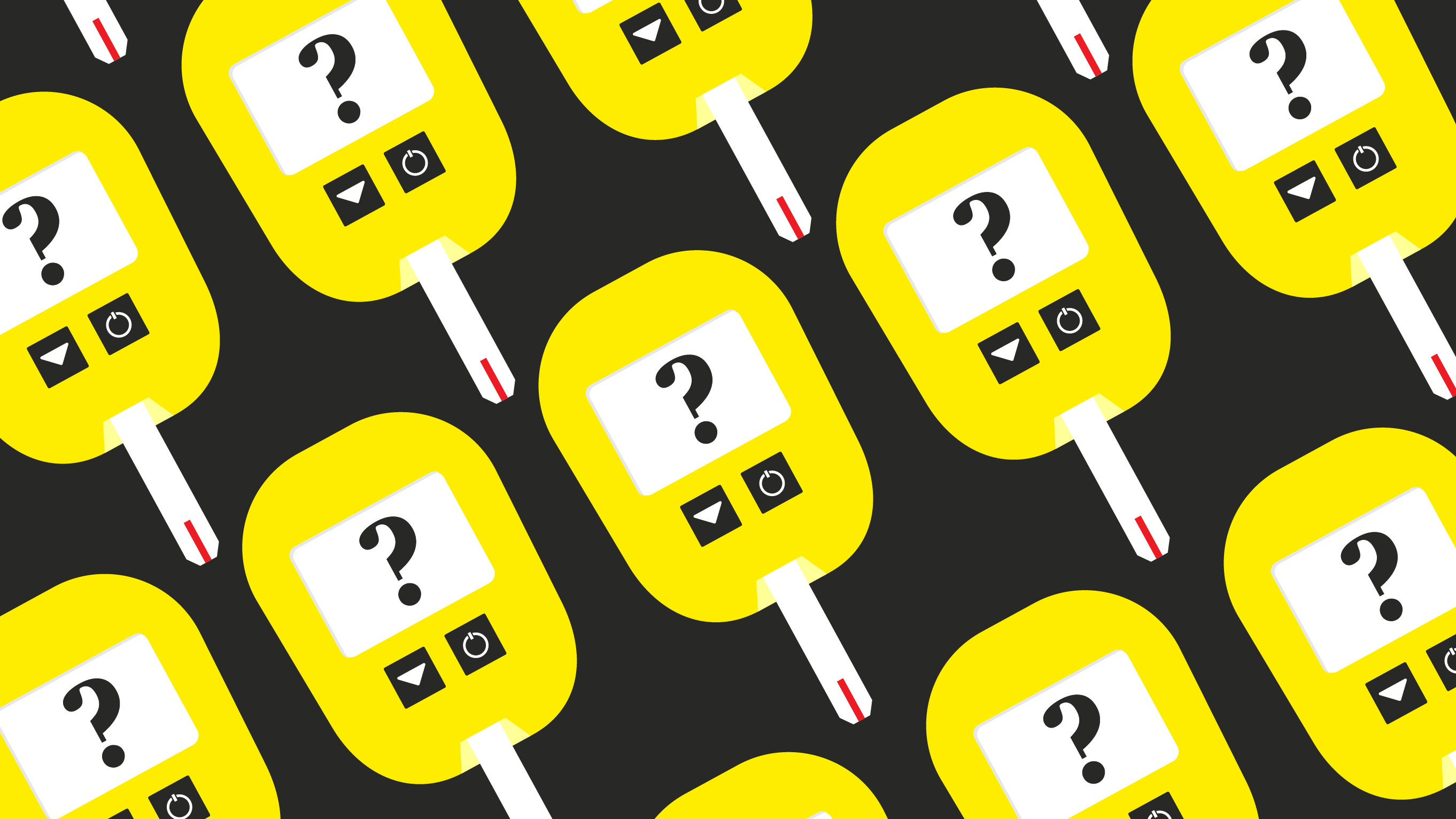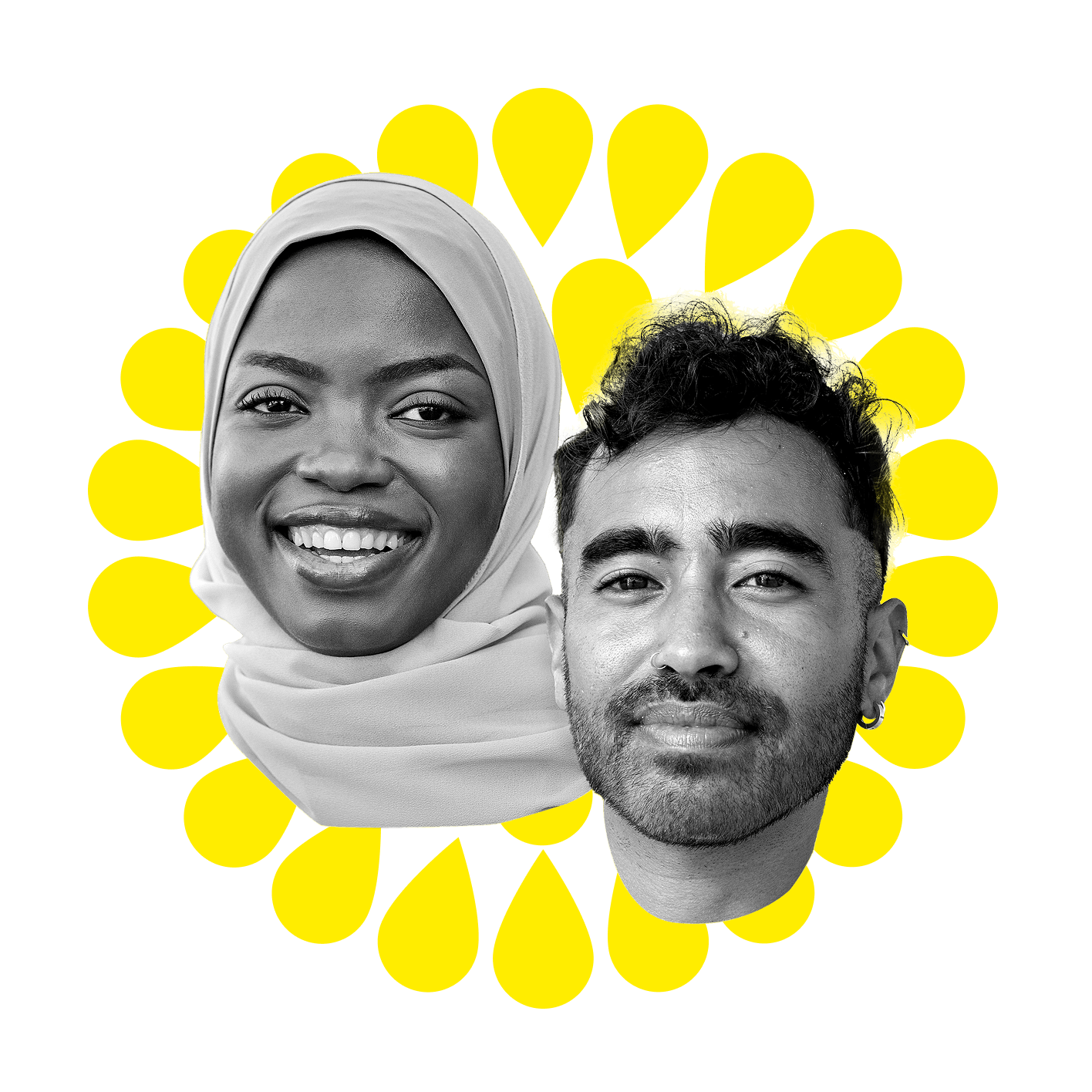Access to Insulin is a Human Right—Yet Health Systems Across the Globe Still Struggle to Provide It
Written by: Julia Sclafani
3 minute read
April 13, 2022
Life for a Child supports young people living with diabetes in some of the world’s most vulnerable communities. In addition to the story shared below, read more about their work supporting young people like Rwandan sisters Ineza and Rebeka at ToClimbAThousandHills.org.
Access to readily available, life-sustaining medicines like insulin is a human right. That might sound obvious, but for many people, that’s not the reality.
Over a century after insulin was discovered—and 45 years after the World Health Organization declared it an essential medicine—many people around the world struggle to get insulin. Children living with type 1 diabetes (T1D) are especially vulnerable to the life-threatening barriers to diabetes care.
Beyond Type 1’s partner, Life for a Child, believes no child should die of diabetes. They work towards this goal by providing insulin and diabetes supplies to over 34,000 children and youth living with T1D in under-resourced countries, while also advocating for universal access to comprehensive diabetes care.
In light of ongoing barriers to diabetes care, Life for a Child and its partners recently published a paper on the legal framework supporting diabetes care as an inherent human right. Experts estimate that over 100,000 children under the age of 15 were diagnosed with T1D in 2021. While insulin is vital to survive, delivery methods and other tests and tools needed for care are also inaccessible. A survey of diabetes clinics supported by Life for a Child in 37 countries showed nearly half of public health systems didn’t provide syringes. Needle reuse is highly common and access to A1c testing varies widely.
Despite 100 years of progress, dire shortcomings persist
Despite 100 years of scientific and pharmaceutical advances around insulin, with bio-similar, rapid-acting and ultra long-acting products developed to meet each user’s unique needs and lifestyle, the state of global insulin access hasn’t kept up. The World Health Organization (WHO) cites high prices, few producers and weak healthcare systems as reasons why barriers to universal access persist.
The WHO and United Nations both affirm diabetes as a global health issue and there’s a strong legal basis underscoring diabetes care as a basic human right. Nonetheless, it’s up to advocates to push governments across the world to uphold this right to insulin and commit to meeting the needs of people living with diabetes.
This makes the work of Life for a Child and other advocates all the more important. Their goals for the decade include sponsoring 150,000 children and youth in 65 countries. This means providing insulin and syringes, blood glucose monitoring equipment and A1c testing and diabetes education for youth and families. Life for a Child also organizes regular diabetes education workshops and camps helping children with diabetes gain the knowledge they need in order to thrive.
By improving access to quality diabetes care and life-saving supplies, Life for a Child is paving the way for children with diabetes to live longer, healthier lives—regardless of where they live or their family’s financial security.
Life for a Child does this by supporting local partners, encouraging community diabetes education and support and working to establish sustainable supplies of insulin.
“There is a long road ahead for countries whose governments have yet to recognize the importance of this legal precedent through real provision of diabetes care within health systems,” Life for a Child Global Policy and Advocacy Manager Emma Klatman writes. “This is why we were so motivated to organise the Rights Based Approach workshop.”
How you can help
As an advocate, your voice matters in the effort to ensure that anyone diagnosed with T1D has the support and tools to manage their diabetes in order to thrive. You can support Life for a Child’s efforts by becoming a donor or starting your own fundraising initiative.
All these components are part of Life for a Child’s rights-based approach to diabetes care—where your right to life, health, information and non-discrimination are all recognized.
“It is Life for a Child’s privilege to provide you with materials you may find helpful in your own local setting to help drive change,” says Klatman.
If you’re interested in learning more about this approach and others, Life for a Child will be sharing more advocacy resources in the coming months.
Editor’s note: Content about Life for a Child is made possible with support from Lilly Diabetes, an active partner of Beyond Type 1 at the time of publication. Editorial control rests solely on Beyond Type 1.

Author
Julia Sclafani
Julia Sclafani is a writer, editor and multimedia producer whose work on human rights and public health topics lead her to Beyond Type 1. She received a bachelor’s degree from Columbia University and a master’s degree from the Newmark Graduate School of Journalism at the City University of New York. An award-winning journalist, Julia cut her teeth at her hometown newspaper. You can find her past work in print, on the radio and across the web.
Related Resources

Hyperglycemia—or high blood sugar—can sneak up on you, whether it’s from a missed dose, a...
Read more

Curious about how to join a diabetes clinical trial? If so, good on ya’, because...
Read more

Diabetes clinical trials pave the way for how we manage and treat type 1 and...
Read more

